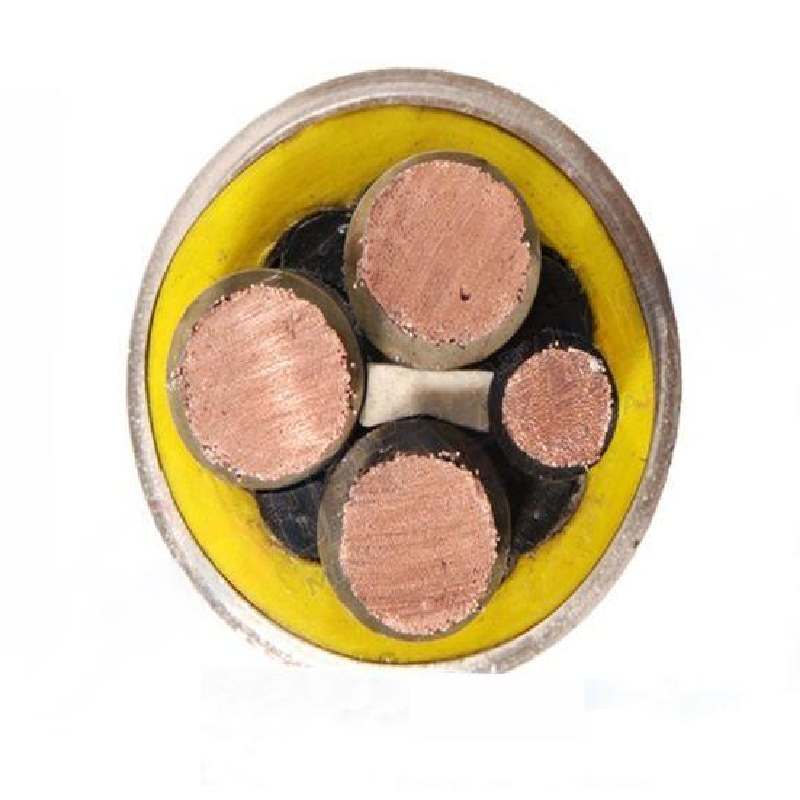Dec . 11, 2024 11:15 Back to list
ss ball valve
Understanding SS Ball Valves A Comprehensive Overview
Stainless Steel (SS) ball valves are essential components in a wide range of industrial applications, offering reliable performance and exceptional durability. Known for their simple operation, these valves are designed to control the flow of liquids and gases efficiently. This article explores the features, benefits, applications, and maintenance of SS ball valves, providing an in-depth understanding for engineers and industry professionals alike.
What is a SS Ball Valve?
A ball valve is a type of quarter-turn valve that utilizes a hollow, perforated, and pivoting ball—known as the valve ball—to control flow through it. The ball has a hole in the middle, enabling fluid to flow when the valve is open. In its closed position, the hole is perpendicular to the flow, blocking the passage. Made from stainless steel, SS ball valves are highly resistant to rust and corrosion, making them ideal for various operating environments.
Key Features of SS Ball Valves
1. Durability Stainless steel is known for its strength and longevity. SS ball valves can withstand extreme temperatures and pressures, making them suitable for demanding industrial applications.
2. Corrosion Resistance The stainless steel construction provides excellent resistance against corrosive fluids and harsh environmental conditions, allowing for prolonged use in challenging applications.
3. Ease of Operation With a simple 90-degree turn, SS ball valves can be opened or closed quickly, making them ideal for applications requiring rapid flow control.
4. Leakage Prevention Due to their design, SS ball valves provide a tight seal when closed, ensuring minimal leakage and high levels of safety in fluid handling systems.
5. Versatility These valves are available in various sizes and configurations (such as two-way, three-way, and multi-port designs), making them adaptable to a wide range of piping systems.
Benefits of Using SS Ball Valves
- Efficiency The low frictional resistance and reduced turbulence associated with ball valves enable better flow rates, promoting energy efficiency.
- Cost-Effectiveness Although the initial investment may be higher than other valve types, the durability and low maintenance requirements of SS ball valves can lead to significant savings over time.
- Safety With their robust construction and reliable sealing properties, SS ball valves help ensure the safe operation of fluid systems, which is particularly important in industries such as oil and gas, chemicals, and pharmaceuticals.
Applications of SS Ball Valves
ss ball valve

SS ball valves are used in a variety of industries due to their versatility and reliability. Common applications include
- Oil and Gas These valves are crucial in upstream and downstream processes, regulating the flow of crude oil, natural gas, and refined products safely.
- Water Treatment In water management systems, SS ball valves control the flow of treated and untreated water, contributing to efficient operation and maintenance.
- Food and Beverage The hygienic properties of stainless steel make these valves ideal for the food and beverage industry, where cleanliness and material safety are essential.
- Pharmaceuticals SS ball valves are used in pharmaceutical manufacturing processes, where precise control of fluid flow is critical to product quality.
- Chemical Processing Their resistance to corrosive chemicals allows SS ball valves to function effectively in chemical production and handling environments.
Maintenance of SS Ball Valves
To ensure the longevity and effective performance of SS ball valves, regular maintenance is essential. Here are some key maintenance tips
- Routine Inspections Regular checks for leaks, corrosion, or wear can help identify potential issues before they escalate.
- Cleaning Keeping the valve and surrounding area clean will prevent contaminants from affecting performance.
- Operational Testing Periodically testing the valve's operation will help ensure it opens and closes smoothly and seals properly.
- Replacement of Seals If leaks are detected, the seals may need to be replaced. Using high-quality materials is essential to maintain the integrity of the valve.
Conclusion
SS ball valves are a vital component in many industries, offering unmatched durability, efficiency, and safety. Understanding their features, benefits, applications, and maintenance requirements can help businesses optimize their fluid control systems and ensure reliable operations. Whether in oil and gas or food processing, the importance of stainless steel ball valves cannot be understated, making them an indispensable tool in modern industrial applications.
Share
-
Reliable Wafer Type Butterfly Valves for Every IndustryNewsJul.25,2025
-
Reliable Flow Control Begins with the Right Ball Check ValveNewsJul.25,2025
-
Precision Flow Control Starts with Quality ValvesNewsJul.25,2025
-
Industrial Flow Control ReliabilityNewsJul.25,2025
-
Engineered for Efficiency Gate Valves That Power Industrial PerformanceNewsJul.25,2025
-
Empowering Infrastructure Through Quality ManufacturingNewsJul.25,2025